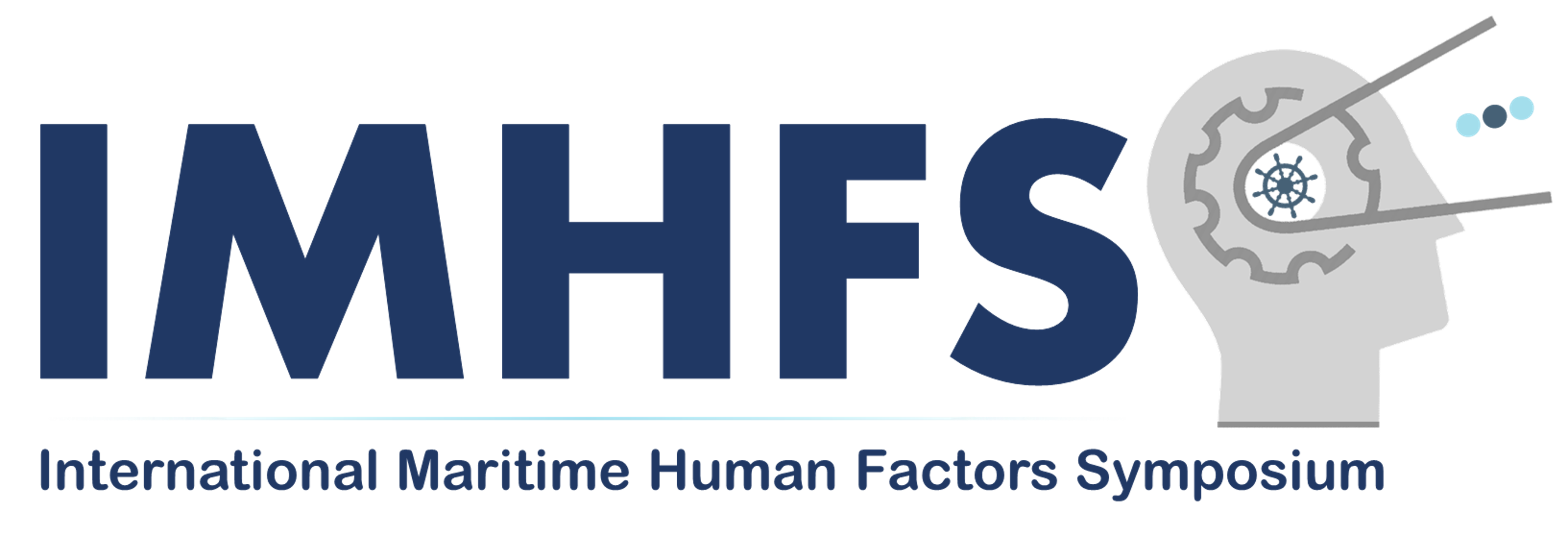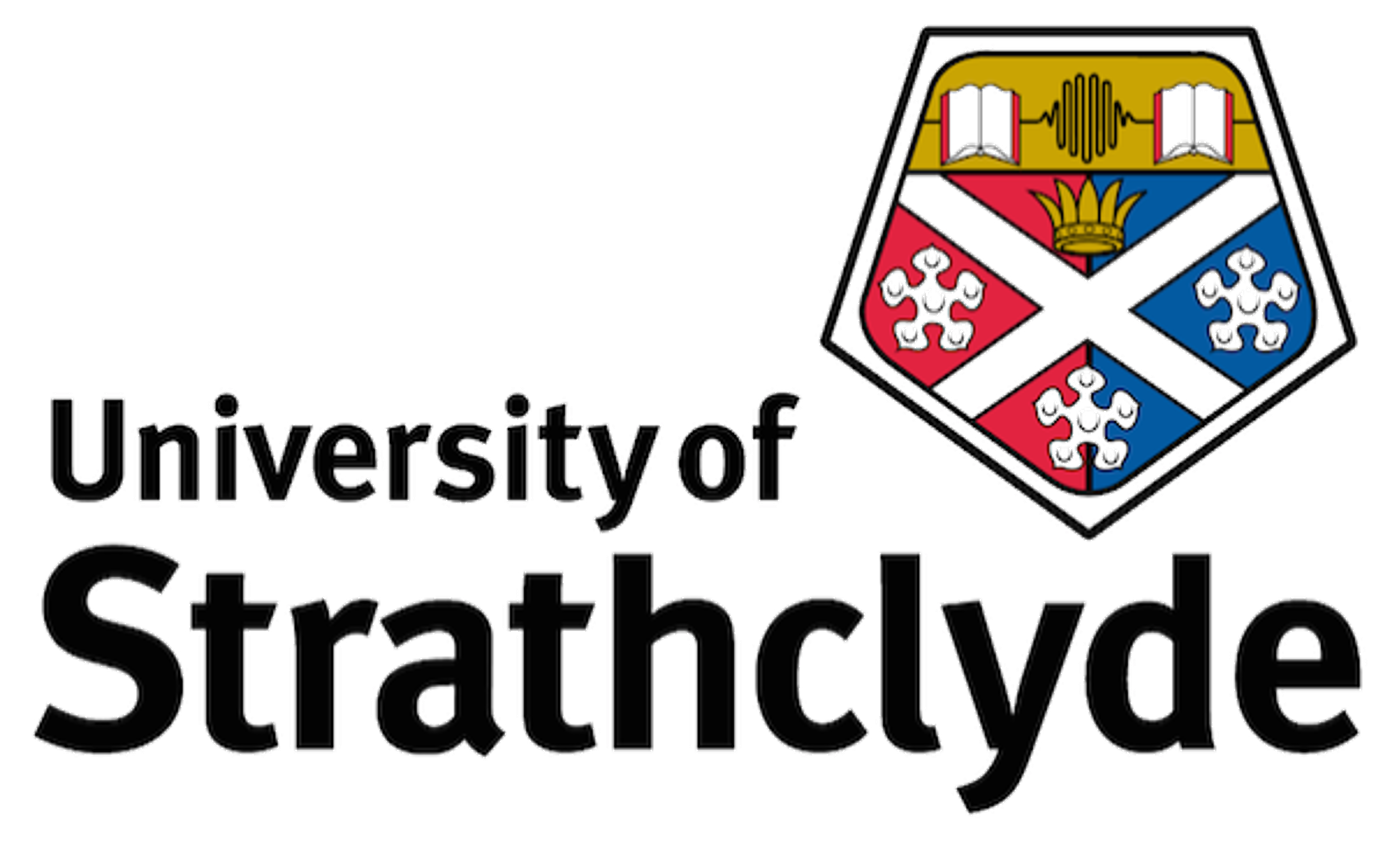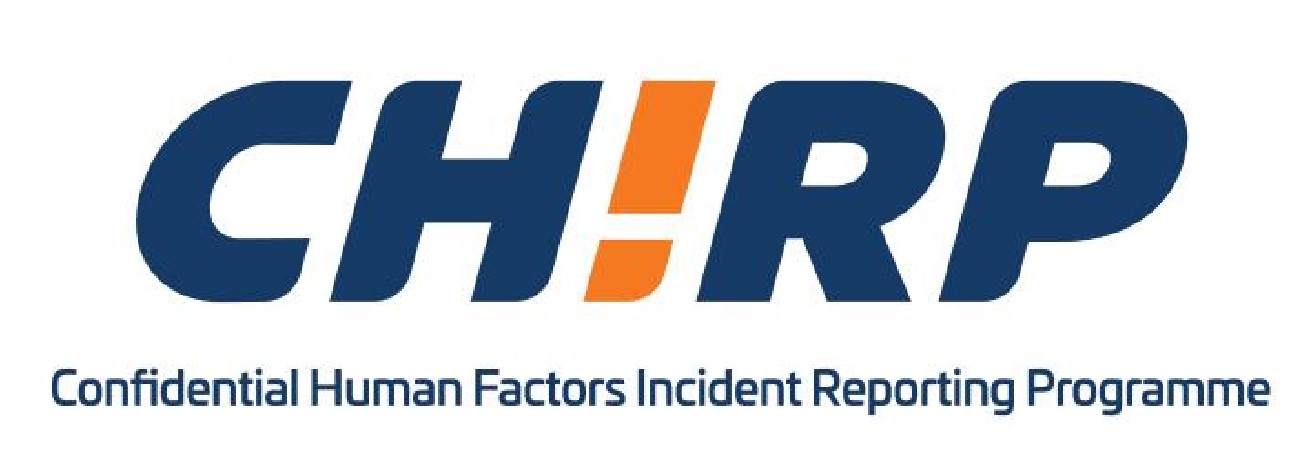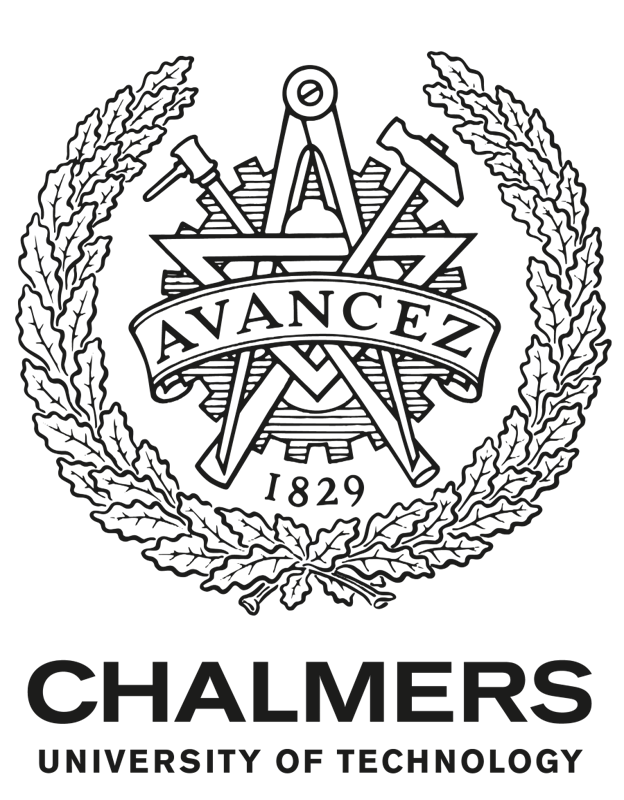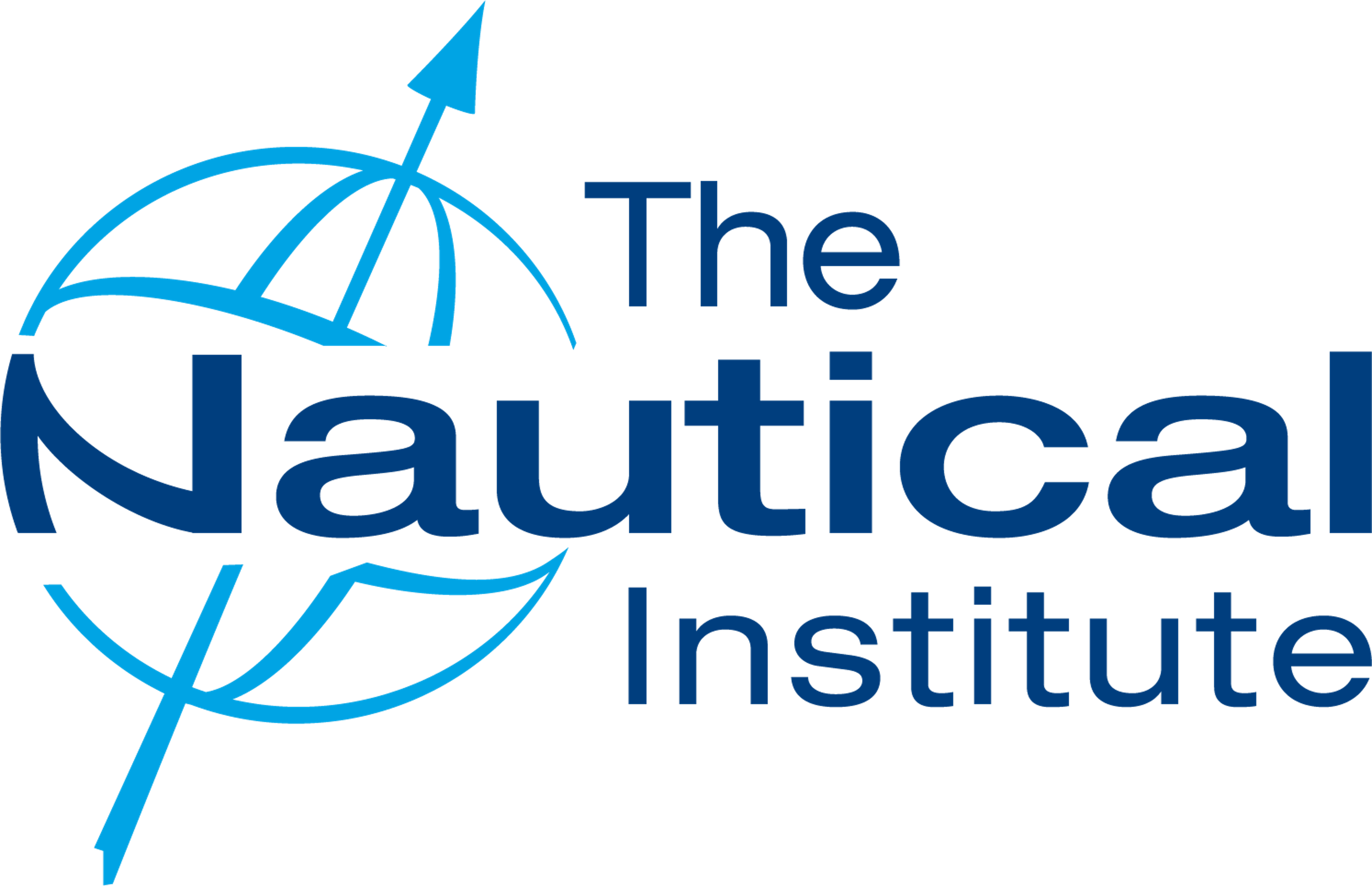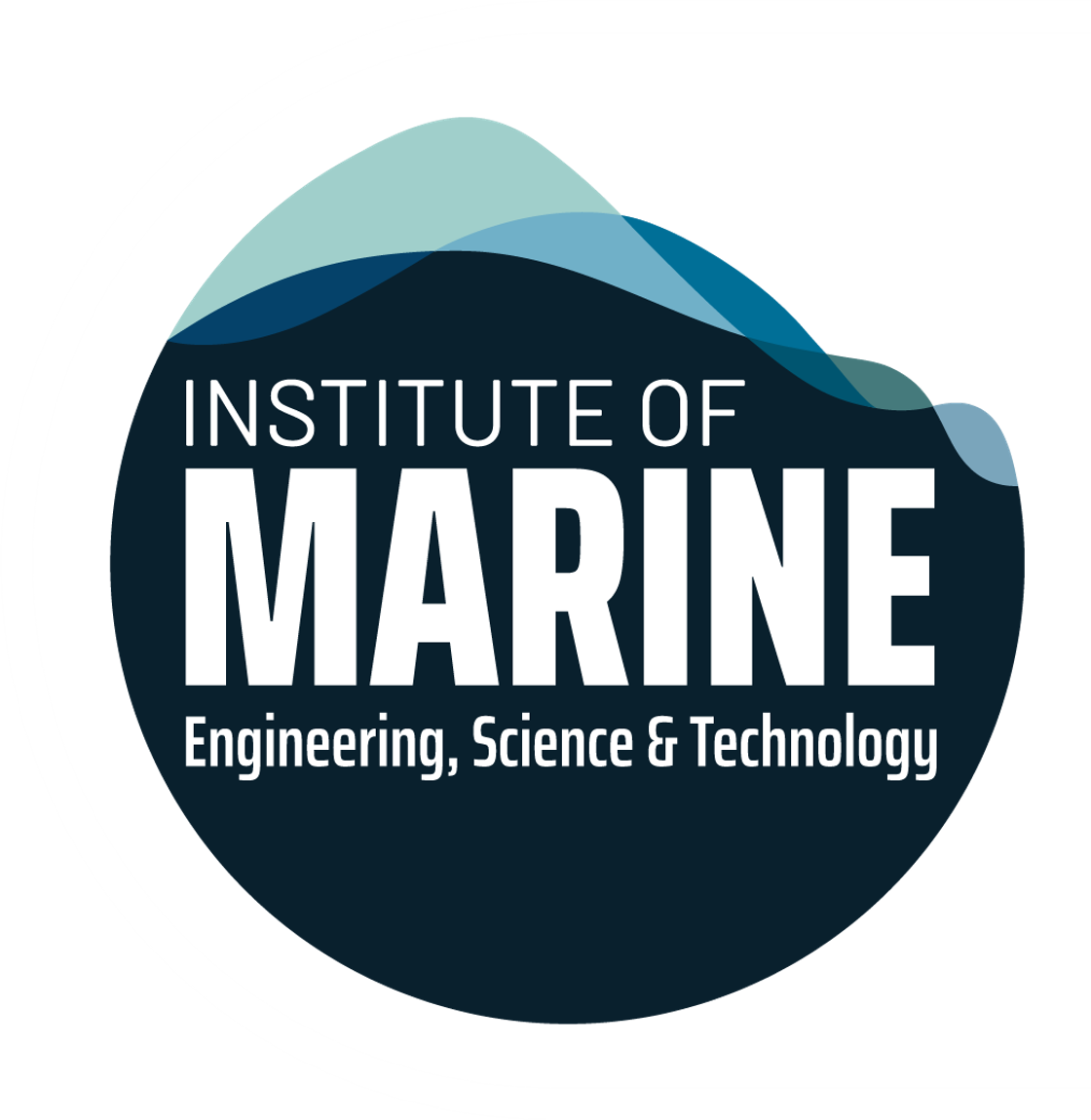IMHFS 2025 Programme
December 03 – 05
Join global experts in maritime safety and human factors for three days of insightful presentations, practical discussions, and networking at the University of Strathclyde, Glasgow.
For the PDF version of the IMHFS 2025 Programme, click here
Day 1 | 3rd of December 2025
1200 - 1230: Registration & Welcome Coffee
1230 - 1300: Keynote Speech | Panagiotis Stavrakakis | UK’s health and Safety Executive
A Maritime Human-centric and Sustainable Future
1300 - 1445: Session1 | Maritime Education and Training
Explores current challenges and opportunities in maritime education and training. The session highlights innovative approaches to prepare future seafarers and professionals for evolving industry demands, digitalisation, and new technologies.
Chair: Malek Pourzanjani | South African International Maritime Institute (SAIMI)
- Deva Menéndez-Teleña | University of Oviedo
Enhancing Seafarer Well-being and Employability Through Educational Innovation - Volkan Arslan | Carnival Corporation
Human Performance Enhancement through Competency-Based Learning - Reza Ziarati | C4FF Sweden
Effective Implementation of ISM Code – Learning from Accidents, Audits and Inspections - Katerina Kokkini | KMK Marine Consultants
Competence as the Cornerstone: Rethinking Maritime Education and Training - Bartek Marcinkiewicz | Oldendorff Carriers
Beyond Compliance: Driving Excellence in Crew Development - Panel Open Discussion (1415 – 1445)
To join the panel: Alina Prylipko | MLA College
1445 - 1515: Coffee Break
1515 - 1700: Session2| Autonomy, Automation, and Human Factors
Addresses the interaction between humans and automated systems, focusing on user-centred design and operational adaptability. It examines how human expertise can optimise, supervise, and enhance performance within increasingly autonomous environments.
Chair: Dave Watkins | CHIRP Maritime
- SHIQI Fan | Wuhan University of Technology
Towards advanced decision-making support for shipping safety: A functional connectivity analysis. - Krzysztof Wróbel | Gdynia Maritime University
Towards Hybrid Analysis of Human Error Potential in MASS Operations. - Yi Gao | Wuhan University of Technology
Takeover Risks in Maritime Autonomous Surface Ships (MASS): A Systematic Review and Bibliometric Analysis. - Aitana Sánchez-González | University of Oviedo
Human Factor Risks in Autonomous Navigation: Unpacking Design Flaws in Collision Avoidance Algorithms. - Ana Ferreira | deepblue (DBL)
Navigating AI transition: Safety culture lessons from aviation - Panel Open Discussion (1630 – 1700)
Day 2 | 4th of December 2025
0830 - 0900: Morning Coffee
0900 - 0930: Keynote Speech | Nick Dowden | Bahamas Maritime Authority
Communicating Human Factors in Casualty Investigations
0930 - 1100: Session3 | Well-being and Mental Health
Addresses the psychological and social dimensions of seafaring life. The session focuses on improving seafarers’ mental health, resilience, and overall well-being, highlighting strategies and support systems that help manage stress and sustain performance at sea.
Chair: Simon Grainge
- Isabel Grimpe | Grimpe RelationShip Management
Strengthening the Human Side of Maritime Leadership – Insights from our On-the-Job Development Program. - Tineke Zoet | TinekeZoet.com
Beyond Automation: Human-Centred Leadership for the Next Generation at Sea. - Sofia Rizou | Maritime & Healthcare Group
Art as a Bridge: Family Connection & Morale. - Thomas O’Hare | The Mission to Seafarers
SafeTALK – Building Suicide Safer Communities on Board and On Shore. - Panel Open Discussion (1030 – 1100)
To join the Panel: Richard Garforth | BIBBY MARINE LTD, Marc Turner | V.Group
1100 - 1130: Coffee Break
1130 - 1300: Session4 | Safety Learning / Accident Investigation
Focuses on capturing and analysing human factors data from accidents, near misses, and operational reports to enable learning and proactive risk management. The session discusses methods, frameworks, and digital tools that strengthen safety learning and system improvement.
Chair: Deepak Gupta | Oldendorff Carriers
- Hollie Black & Louis De Wolf | University of Strathclyde & CalMac Ferries
Learning from Ferry Near-Misses: Human Factors-Driven Topic Modelling for Accident Prevention - Goran Vizentin & Darko Glujic | University of Rijeka
From CFD to VR: Realistic and Safe Simulation of Engine Room Fire Drills - CJ Manjarres-Wahlberg | Sea Heritage Foundation
A Systems-Based Investigation into the Grounding and Sinking of HMNZS Manawanui - Bahadir Inozu & Curtis Doucette | Sharp Focus Inc.
Lessons Learned from Applying AI to Near-Miss and Accident Data – Insights from SafeMTS and Beyond - Panel Open Discussion (1230 – 1300)
1250 - 1350: Lunch Break
1400 - 1530: Session5 | Human Factors in Design
Centres on integrating human factors into the design and engineering of maritime systems. The goal is to optimise interfaces, ergonomics, and workflows to enhance human performance, minimise error, and improve system resilience throughout a vessel’s life cycle.
Chair: Tor Svensen | RCCL
- Niklas van Duinen | MARIN
Enhancing Wind Propulsion Performance Through Human-Centred Design and Bridge Simulations - Ioannis Patiniotis | PYLI-NET PC
Quantifying the Invisible Layer of Human Performance. - Jodie Dix | Integrated Human Factors (IHF)
Human Factors in Control Room Design - Ozcan Arslan | Istanbul Technical University
Human-Centred ECDIS Design Under the S-100 Framework: Implications for Situational Awareness and Decision-Making - Panel Open Discussion (1500 – 1530)
1530 - 1600: Coffee Break
1600 - 1730: Session6 | Assuring Human Performance
Examines the role of human performance in maintaining system reliability and safety. It focuses on identifying, assessing, and mitigating human contributions to risk through structured, evidence-based assurance practices that enhance individual and organisational resilience.
Chair: Adam Parnell | CHIRP Maritime
- Stuart Edmonston | UK P&I club
Human Factors from Marine Insurance Perspective: Current Challenges and Opportunities to Improve - Martin Crawford | Ever Ocean
Insurance risks (HF perspective). - Martijn Schipper | MARIN
Human Centred Goal Directed Risk Management Methodology in the Maritime Socio-technical Domain - Apo Belokas | SAFETY4SEA
Human Factors and PSC: Findings, Trends and Lessons to be Learned - Panel Open Discussion (1700 – 1730)
To join the Panel: Emma MacCarthy | West of England Insurance Services
> 1830 – 2230: IMHFS 2025 Dinner
Day 3 | 5th of December 2025
0830 - 0900: Morning Coffee
0900 - 0930: Keynote Speech | Ilse Houting | LR Decarbonisation Hub
Ensuring a Safe Maritime Decarb Transition through Human Factors Readiness
0930 - 1100: Session7 | Decarbonisation and Human Factors
Investigates how human factors influence the maritime industry’s transition to alternative fuels and sustainable operations. It explores how human behaviour, competence, and system design affect the safe and effective adoption of low- and zero-carbon technologies.
Chair: Martin White | Stream Marine Group
- Adrian Scales | Brookes Bell
The Knowledge Gap when it Comes to Hazards Associated with Li-Ion Batteries - Francesco Sandrelli | UK Chamber of Shipping
Identification of Risks Associated with Vessels with Alternative Fuels. - Aly Elsayed | The Nautical Institute
The Hidden Crew of Net Zero. - Osman Turan | University of Strathclyde
Co-Creation of the Safe Decarbonisation for the Maritime Sector: Current Challenges and Strategy Development. - Panel Open Discussion (1030 – 1100)
1100 - 1130: Coffee Break
1130 - 1315: Session8 | Maritime Safety Culture
Explores how safety attitudes, leadership, and organisational behaviours shape maritime operations. It aims to foster a proactive and learning-oriented culture that empowers maritime professionals to sustain safe, resilient, and high-performing systems.
Chair: Adrian Kawaguchi | MCA
- Nippin Anand | Novellus Solutions
Learning from Accidents: A Person-Centred Approach - Toon van de Sande | PsyFyi
Is it Possible to Identify and Take Action on Incident-causing Factors before an Accident Happens? - Adriana Quesada Juarez | WMU
Beyond Compliance: Interpreting Safe Manning for Crew Work and Fatigue. - Eskild Lund Sørensen | Intactix Systems Inc.
Maritime Safety Culture from Compliance to Care - Sean Noonan | Faire Innovare Ltd
People Matter: The Human Element Reality - Panel Open Discussion (1245 – 1315)
1300 - 1330: IMHFS 2025 Closing Remarks
> End of IMHS 2025
Gold Sponsors
Silver Sponsors
Media Partner
Contact us at imhf-symp@strath.ac.uk to discuss a customised sponsorship package.
